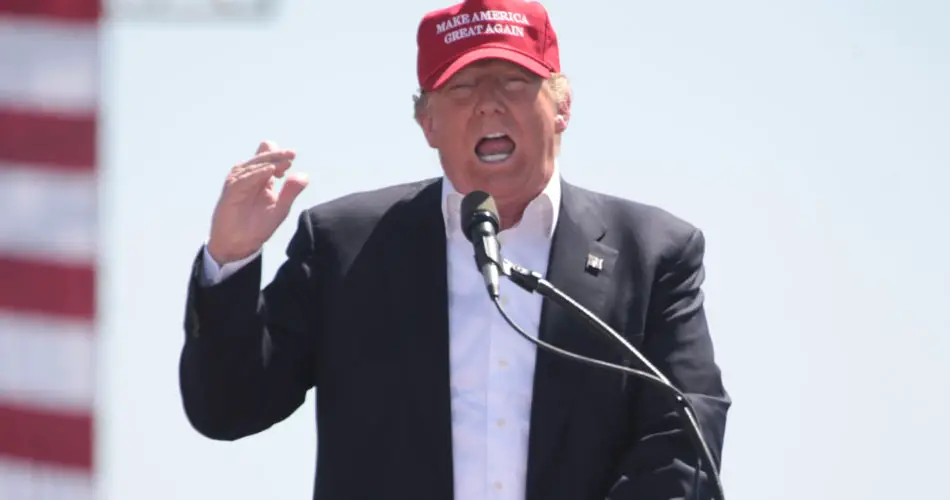Rep. Thomas Massie, a leading Republican critic of U.S. military involvement in Iran, took to social media to express that President Trump’s recent bombing campaign targeting Iranian nuclear facilities was unconstitutional. Trump had announced that U.S. forces launched strikes on three major nuclear sites Fordow, Natanz, and Isfahan and that all American aircraft had exited Iranian airspace safely. He praised the military for the successful operation, calling it a demonstration of unmatched capability and urging that now was the time to pursue peace.
Massie, however, was quick to push back, arguing that Trump’s decision lacked congressional authorization and violated the Constitution. He said he planned to introduce a war powers resolution in the House that would explicitly prohibit U.S. involvement in Iran, insisting that only Congress has the authority to make such a consequential decision.
He emphasized that while the conflict may be significant, it is not constitutionally the president’s decision to make alone. He cited Article I, Section 8 of the Constitution, which grants Congress the power to declare war. Although Article II gives the president command over the armed forces, the balance of those powers remains a frequent point of legal and political debate, particularly in situations where no formal war declaration has been issued.
Rep. Warren Davidson also voiced concern, stating that while Trump’s actions might ultimately be justified, he found it difficult to see how they could be squared with constitutional requirements. He added that he was looking forward to hearing the president’s full explanation.
While some Republicans questioned the constitutional basis of the strike, others rallied behind the president. Senator John Cornyn praised Trump’s move, saying the military action was both necessary and courageous. He called the operation a clear example of strong leadership on the global stage, thanking both the military and the president for taking decisive steps to address what he described as a serious threat.
Despite these differing viewpoints, the divide highlights an ongoing tension in Washington over presidential war powers and the role Congress should play when it comes to military action abroad.


